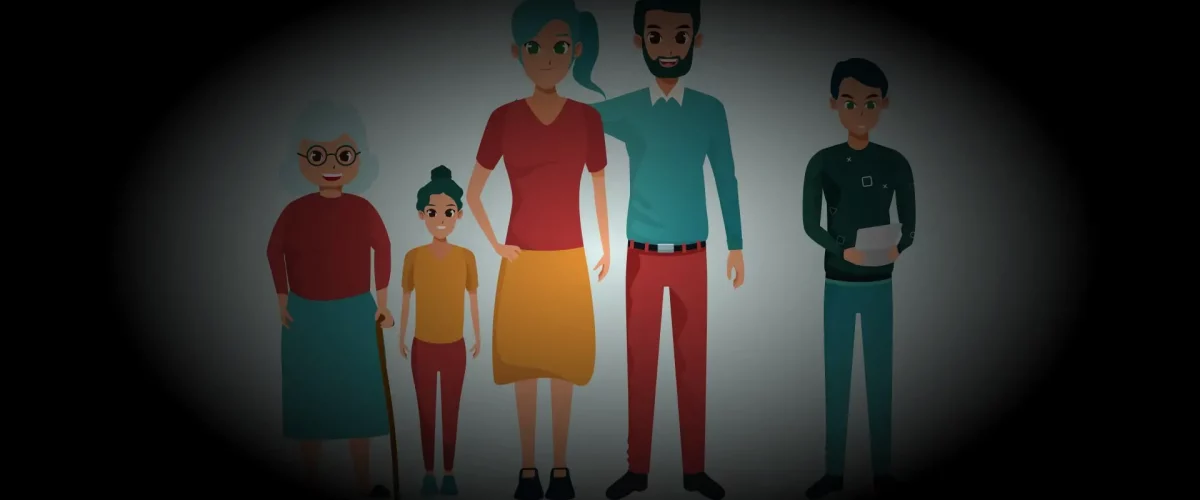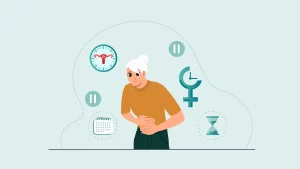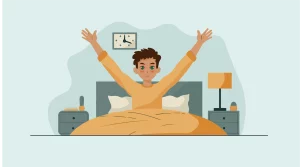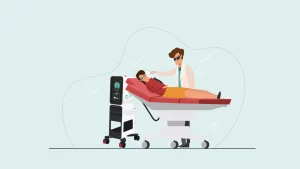Votre ophtalmologiste vous a diagnostiqué un glaucome et votre traitement vous rend les yeux rouges, irrités et secs ? Si tel est le cas, vous souffrez probablement de sécheresse oculaire.
Le glaucome et la sécheresse oculaire sont-elles des pathologies fréquentes ?
Le glaucome est une pathologie de l’œil très répandue dont le risque augmente avec l’âge. Il touche environ 1 million de personnes en France et environ 68 millions de personnes dans le monde.
Le glaucome est essentiellement dû à une élévation anormale de la pression intraoculaire, provoquant une altération irréversible du champ de vision en raison de dommages sur le nerf optique. La vision périphérique est d’abord atteinte, puis la vision centrale, pour aboutir à une cécité totale en l’absence de traitement.
Le glaucome peut survenir à tout âge de la vie (du nouveau-né à la personne âgée), mais concerne dans la majorité des cas les personnes de plus de 45 ans.
Sa fréquence augmente avec l’âge, le risque double tous les 10 ans à partir de 45 ans, et concernerait plus de 10% des plus de 70 ans.
Les symptômes visuels liés au glaucome :
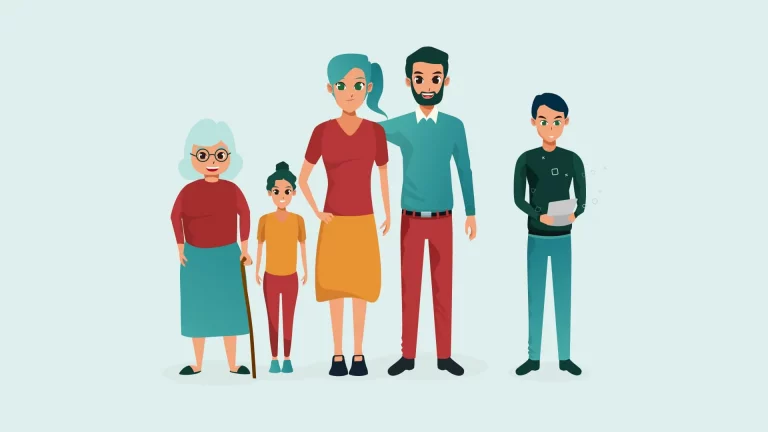
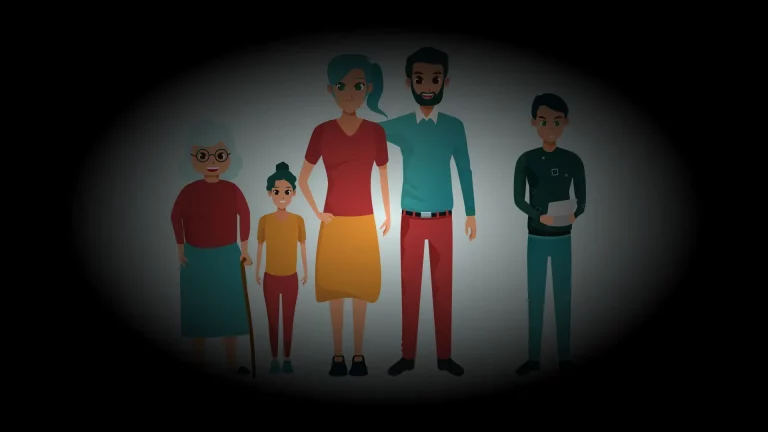
La sécheresse oculaire est également une pathologie de l’œil très répandue et qui augmente avec l’âge. Elle est parfois méconnue ; pourtant, la sécheresse oculaire est un des premiers motifs de consultation en ophtalmologie.
En effet, le nombre de consultations pour une sécheresse oculaire peut représenter jusqu’à 50% de la patientèle d’un ophtalmologue. En France, 1 personne sur 3 est atteinte du syndrome des yeux secs. Dans le monde, plus de 700 millions de personnes en souffrent.
Cette pathologie handicape fortement la qualité de vie des patients.
La sécheresse oculaire et le glaucome sont donc deux pathologies qui se retrouvent souvent associées chez un même patient âgé.
Quel est le lien entre le glaucome et la sécheresse oculaire ?
Vous l’aurez compris, l’un des principaux facteurs reliant les patients atteints de glaucome et de sécheresse oculaire est l’âge.
Le second facteur est le collyre utilisé pour diminuer la pression intra oculaire dans le cadre d’un traitement pour le glaucome. En effet, de nombreuses prescriptions de gouttes oculaires contiennent des conservateurs qui endommagent les cellules de la surface oculaire.
Des études ont montré que 59% des patients utilisant des collyres avec conservateurs ont signalé des symptômes de sécheresse oculaire, et 27% de ces patients ont signalé des symptômes sévères.
D’autres traitements pour le glaucome sont disponibles comme le laser SLT (Trabeculoplastie au Laser Selectif). Il s’agit d’une option non invasive, réalisée en ambulatoire visant à ouvrir les canaux bouchés dans le trabéculum pour diminuer la pression intraoculaire. Cette technique n’est pas disponible pour tous les types de glaucome.
Que faire pour limiter les symptômes de sécheresse oculaire ?
-
Avoir une alimentation riche en fruits et légumes afin de combler autant que possible les besoins en vitamines et minéraux.
-
Utiliser des collyres ou larmes artificielles sans conservateur, pour limiter les effets de la sécheresse oculaire.
-
Porter des lunettes adaptées pour protéger ses yeux des influences extérieures (vent, soleil, pollution…) et lors d’activités à risque (sport de vitesse, natation, sport avec une balle…).
-
Bien s’hydrater (environ 1,5 à 2 litres d’eau par jour).
-
Penser à faire des clignements complets et réguliers pour favoriser un étalement complet des larmes.
-
Utiliser des larmes artificielles, en cas de besoin, afin d’hydrater les yeux et compenser le manque de larmes naturelles.
-
Faire attention devant les écrans : limiter le temps devant eux et prendre des pauses régulièrement (au moins 5 minutes de pause toutes les heures) tout en regardant au loin.
N’oubliez donc pas de parler de vos symptômes de sécheresse oculaire à votre ophtalmologiste qui pourra en prendre compte dans votre prise en charge thérapeutique du glaucome.
EN CAS DE PERSISTANCE DES TROUBLES, CONSULTEZ UN OPHTALMOLOGISTE.
